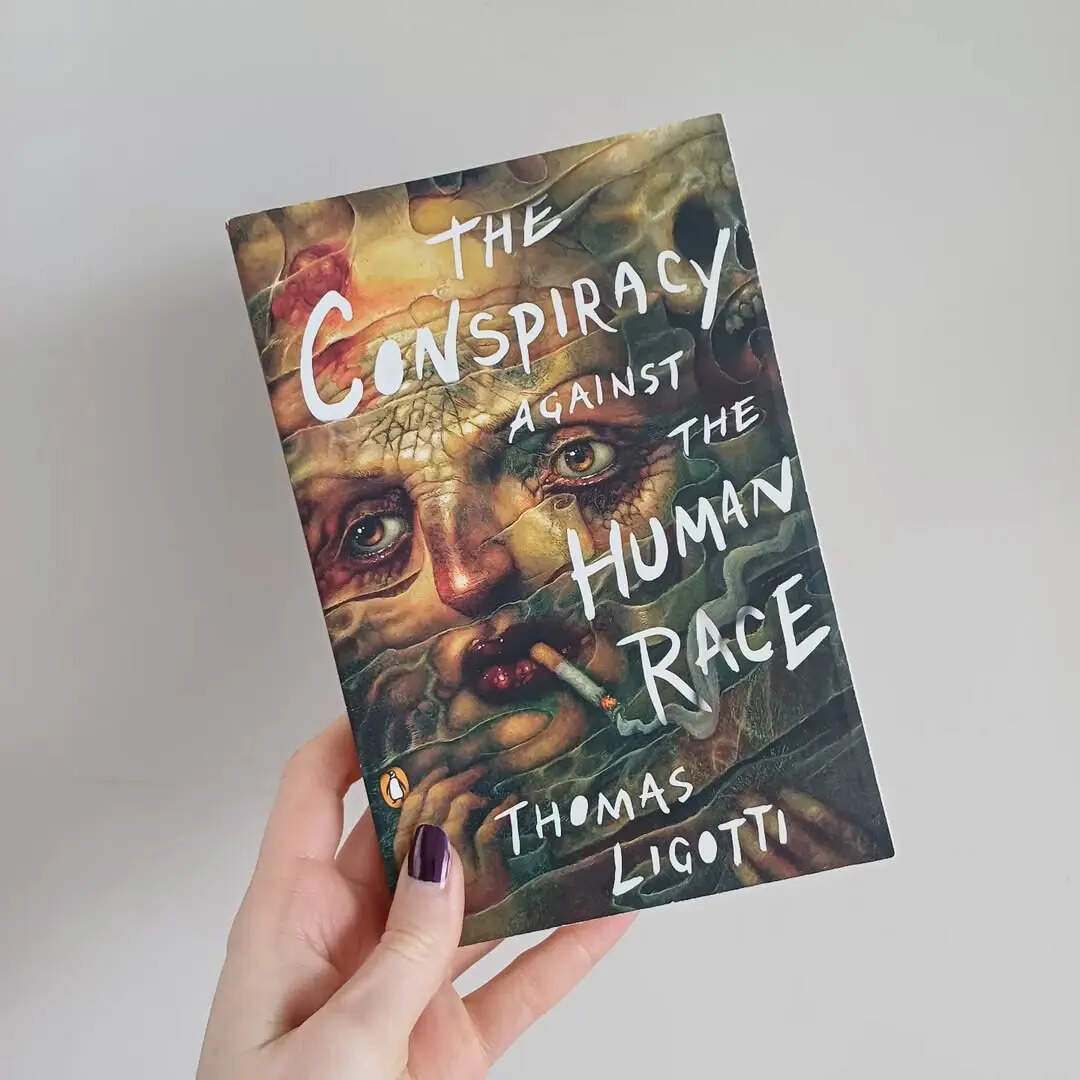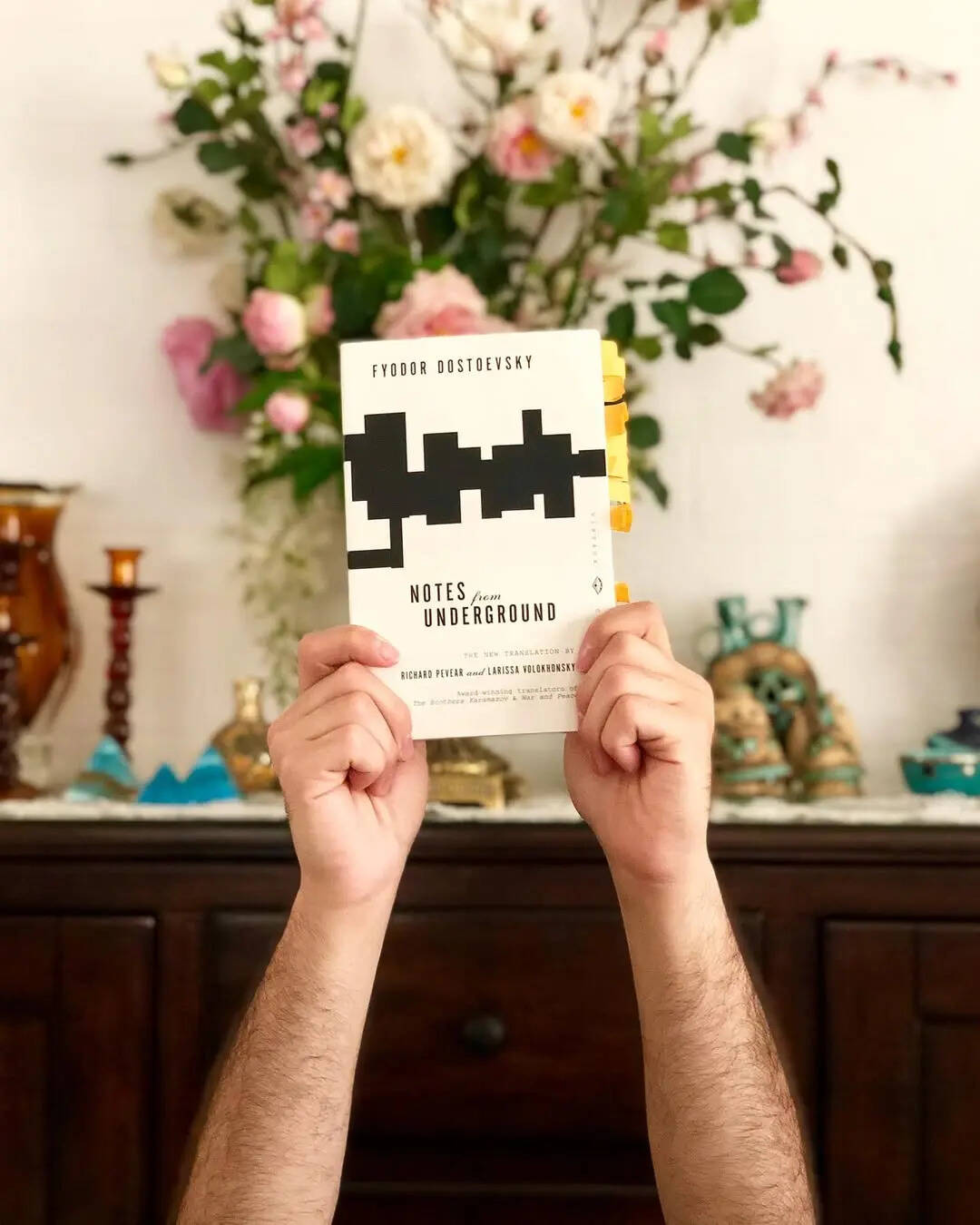
10 Philosophy Books That Will Send a Chill Down Your Spine (Picture Credit – Instagram)
Philosophy isn’t always about abstract concepts, ethics, or ideal societies. Sometimes, it descends into something far darker—grappling with the absurd, the meaningless, the monstrous, and the haunting nature of existence itself. These ten philosophy books aren’t just intellectually stimulating—they’ll leave you disturbed, uneasy, and wide awake at night, questioning reality and your place in it. Here are ten philosophy books that will send a chill down your spine.
1. Being and Nothingness by Jean-Paul Sartre
Sartre’s existential masterpiece is less about comfort and more about confrontation. He introduces us to the idea of radical freedom—one so terrifying that it paralyses rather than liberates. The concept of “nothingness” and the burden of absolute choice make this a deeply unsettling exploration of human consciousness. What makes it chilling is the realisation that you are entirely responsible for your life, with no god, no fate, and no excuse to fall back on.
 Being and Nothingness (Picture Credit – Instagram)
Being and Nothingness (Picture Credit – Instagram)
2. The World as Will and Representation by Arthur Schopenhauer
Schopenhauer believed that behind everything in the universe lies an irrational, blind force he called the “Will”—a relentless and insatiable drive that causes suffering. He viewed life as a cruel joke, where desires endlessly renew themselves and peace is only found in denial and detachment. The bleakness of this worldview is haunting, especially when he argues that existence itself is a mistake. It’s not horror in the traditional sense, it’s metaphysical horror.
3. Thus Spoke Zarathustra by Friedrich Nietzsche
Nietzsche’s most poetic work reads like a prophetic hallucination. In it, the wandering sage Zarathustra delivers blistering critiques of religion, morality, and the herd mentality. Nietzsche’s ideas of the Übermensch and the death of God are deeply disorienting. The book questions everything we take for granted about values and meaning, and when those certainties fall away, what’s left is a spiritual vertigo that’s hard to shake.
4. The Conspiracy Against the Human Race by Thomas Ligotti
This isn’t your typical philosophical text. Ligotti, better known as a horror writer, blends cosmic pessimism with philosophical analysis to argue that consciousness itself is a mistake. Drawing on Schopenhauer, Lovecraft, and modern neuroscience, Ligotti paints human existence as an accidental horror show. Reading this book is like staring into an abyss that stares right back. It’s chilling in both concept and tone.
 The Conspiracy Against the Human Race (Picture Credit – Instagram)
The Conspiracy Against the Human Race (Picture Credit – Instagram)
5. Time and the Other by Emmanuel Levinas
Levinas’s philosophy focuses on the ethics of encountering “the Other,” but this slim volume has an eerie undercurrent. His exploration of death, time, and alterity feels like slipping into a dream where nothing is quite solid. The idea that we are fundamentally unknowable to one another, and yet bound by a moral obligation to the Other’s unknowability, can be deeply unsettling. It questions the foundations of identity, self, and relationship.
6. The Trouble with Being Born by Emil Cioran
Cioran doesn’t offer arguments—he offers aphorisms sharp enough to cut. In this book, he meditates on the futility of birth, the meaninglessness of history, and the beauty of oblivion. Every line drips with existential despair, but it’s written with such lyrical precision that you can’t look away. Cioran doesn’t simply suggest life is meaningless, he seduces you into feeling it in your bones.
7. The Book of Disquiet by Fernando Pessoa
This fragmented journal of existential musings by the semi-fictional Bernardo Soares is a quiet, lingering kind of dread. Pessoa captures the feeling of being alive but detached, of drifting through life as a spectator rather than a participant. It’s not filled with dramatic conclusions or moral clarity—just a slow, aching awareness of life’s absurdity. Its beauty lies in its stillness. Its horror lies in its familiarity.
8. Notes from Underground by Fyodor Dostoevsky
Often called the first existential novel, this is a monologue delivered by a bitter, isolated narrator who’s deeply aware of his own contradictions and pettiness. He dismantles every comforting illusion about logic, progress, and human nature. The most disturbing part? His self-awareness doesn’t lead to redemption, it leads to paralysis. You’re left with a raw portrait of a mind at war with itself, and it’s impossible to look away.
 Notes From Underground (Picture Credit – Instagram)
Notes From Underground (Picture Credit – Instagram)
9. The Ego and Its Own by Max Stirner
Stirner’s radical individualism obliterates all social constructs—morality, religion, even the idea of the state. He argues that these are mere illusions enslaving the individual. What’s left is the “ego”—alone, unbound, and completely free. But this freedom feels less like liberation and more like exile. If you’ve ever wondered what total detachment from all human values looks like, this book delivers it with a cold finality.
10. Discipline and Punish by Michel Foucault
Foucault’s exploration of power, surveillance, and the prison system will make you question every institution around you. He traces the history of punishment from public execution to internalised control, arguing that modern society has replaced chains with invisible psychological mechanisms. The truly chilling part? Once you see the subtle workings of power, you realise they’re everywhere.
Philosophy is often seen as a source of clarity, but the books on this list prove that it can just as easily unnerve and destabilise. These texts peel back the illusions we live with—about morality, identity, freedom, and meaning and leave us staring into the void they once covered. But maybe that’s not a bad thing. Maybe that shiver down your spine is a reminder that thinking deeply comes with a cost and a strange kind of beauty.